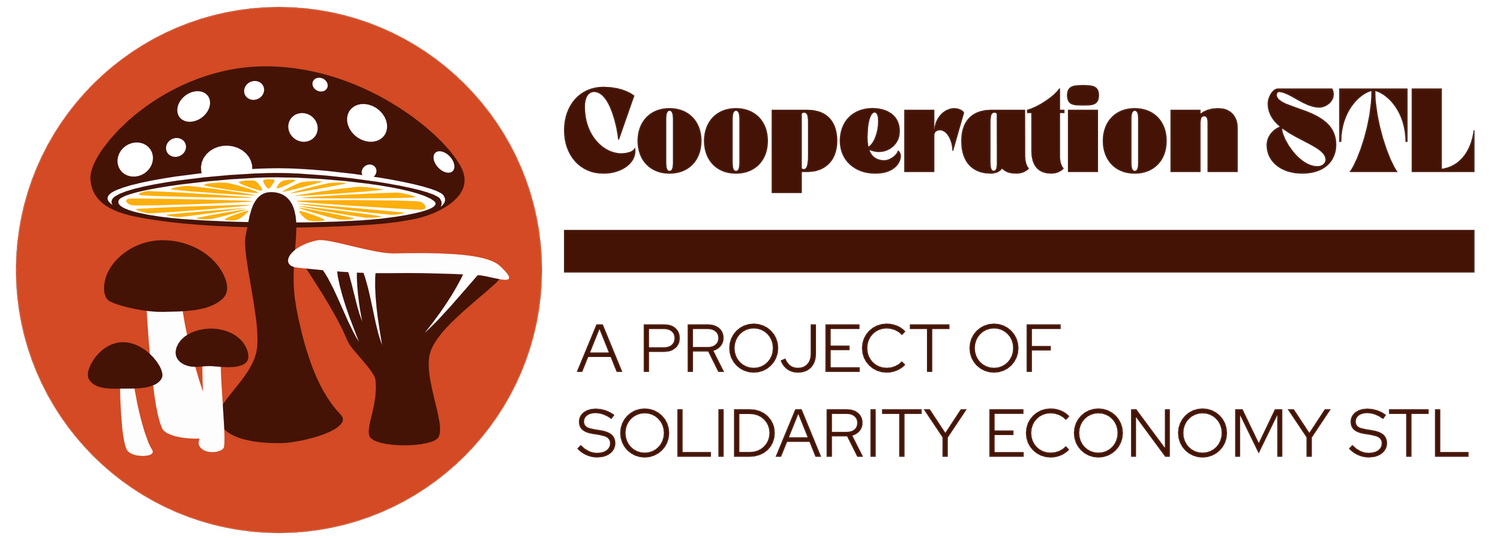IN THIS LESSON
Conflict is an inherent part of our lives and relationships.
We can learn to deal with conflict in ways that grow our cooperatives instead of tearing them apart.
In hierarchical relationships, we often deal with conflict through avoidance, abandonment, exclusion, or explosive arguments. It requires an investment of time and energy to break these patterns.It all begins with an idea. Maybe you want to launch a business. Maybe you want to turn a hobby into something more. Or maybe you have a creative project to share with the world.
You will encounter conflict in the cooperative structures you form, but it is not inherently negative. We can use conflict to develop creative ideas and to strengthen our relationships. When we address conflict together (rather than avoiding it), we learn to understand each other better and identify new solutions. It helps to actively learn and practice generative approaches to conflict so that you do not fall into patterns of conflict that will cause your co-op to fall apart.
The U.S. Federation of Worker Cooperatives recommends developing a system of evaluation and accountability to prevent and prepare for conflict. This includes a system of task management and work evaluations, an understanding of people’s work and communication styles, a plan for discipline or termination if the conflict causes harm, and training on how to move through conflict together.
When conflict does occur, we need to start by clarifying how everyone involved is understanding the conflict.
Does everyone see it as a conflict?
How do power dynamics and systems of oppression show up in this conflict?
From here, we need to determine if we need outside help to move us through the conflict or if someone on our team without a stake in the decision can facilitate the conversation.
And finally, we need to commit to the conflict process that we have decided on together.
How do you deal with conflict?
Download the worksheet and brainstorm with your community.
